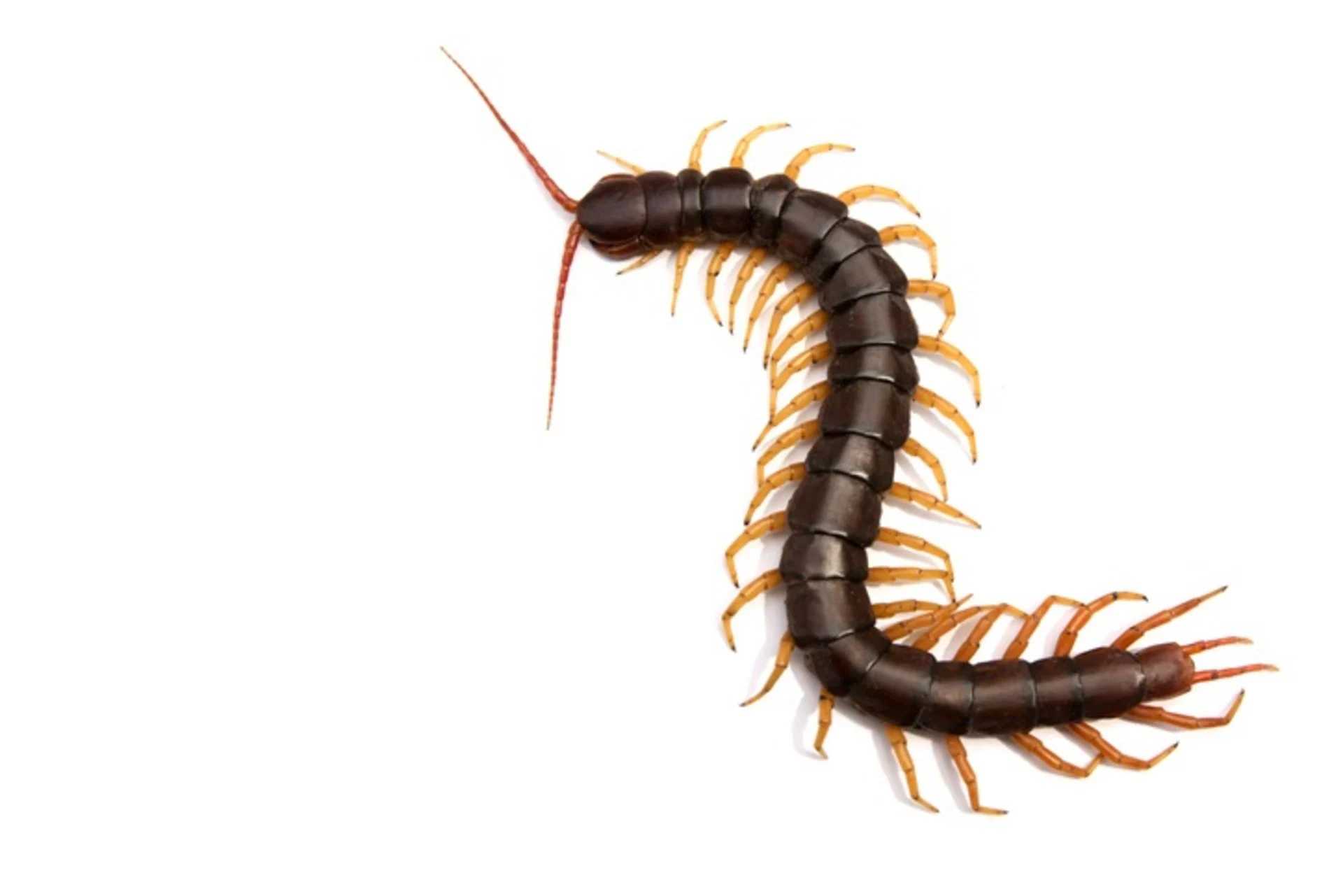
Centipedes: They bite, but don't kill them. Here's why
It's that time of year again.
Spring is here, and that means everything is waking up, including an alien-like creature known as the centipede.
While you might not like sharing a space with them, there are benefits to keeping some around.
Hear us out.
Of all the bugs that invade Canadian homes, many find the house centipede — also referred to as scutigera coleoptrata — one of the scariest.
Visit our Complete Guide to Spring 2023 for an in-depth look at the Spring Forecast, tips to plan for it and much more!
This species is thought to have been introduced to the Americas via Mexico and now reaches as far as the Great White North.
It's shorter than other centipedes, with about 30 legs that can detach when trapped. To some, they look terrifying but they are considered harmless.
A bite from one, however, will sting, similar to that of a bee's.
WAIT, WHAT? CENTIPEDES CAN BITE?
"Centipedes definitely freak people out," Bruno Levesque, a regional manager for Orkin pest control services, tells The Weather Network.
RELATED: What happens if all the insects disappear?
"You don't typically need to be worried about your health when a centipede bites you. Often it's hard for the centipede to puncture your skin ... when it bites, it's mostly just painful."
HERE'S WHY YOU SHOULDN'T KILL CENTIPEDES
House centipedes love damp, dark spaces like bathrooms and basements and when you see one, your first instinct might be to kill it. But before you do, keep this in mind:
Centipedes love to dine on ants, spiders, cockroaches and bedbugs -- so if you see a centipede in your home but no other bug species, there's a pretty good chance they've taken on the role of exterminator for you.
You also don't need to worry about centipedes creating any type of nests or webs inside your home, eating your wood or transmitting a fatal disease.
Centipedes can be easily scooped up and left outside to continue their work.
If you want to prevent them from getting in your home, consider:
Drying up damp areas
Eliminating large indoor insect populations
Sealing cracks in your home
And just remember: They're more afraid of you than you are of them. If you decide to let them stay in your home, they'll try their best to keep out of sight.






